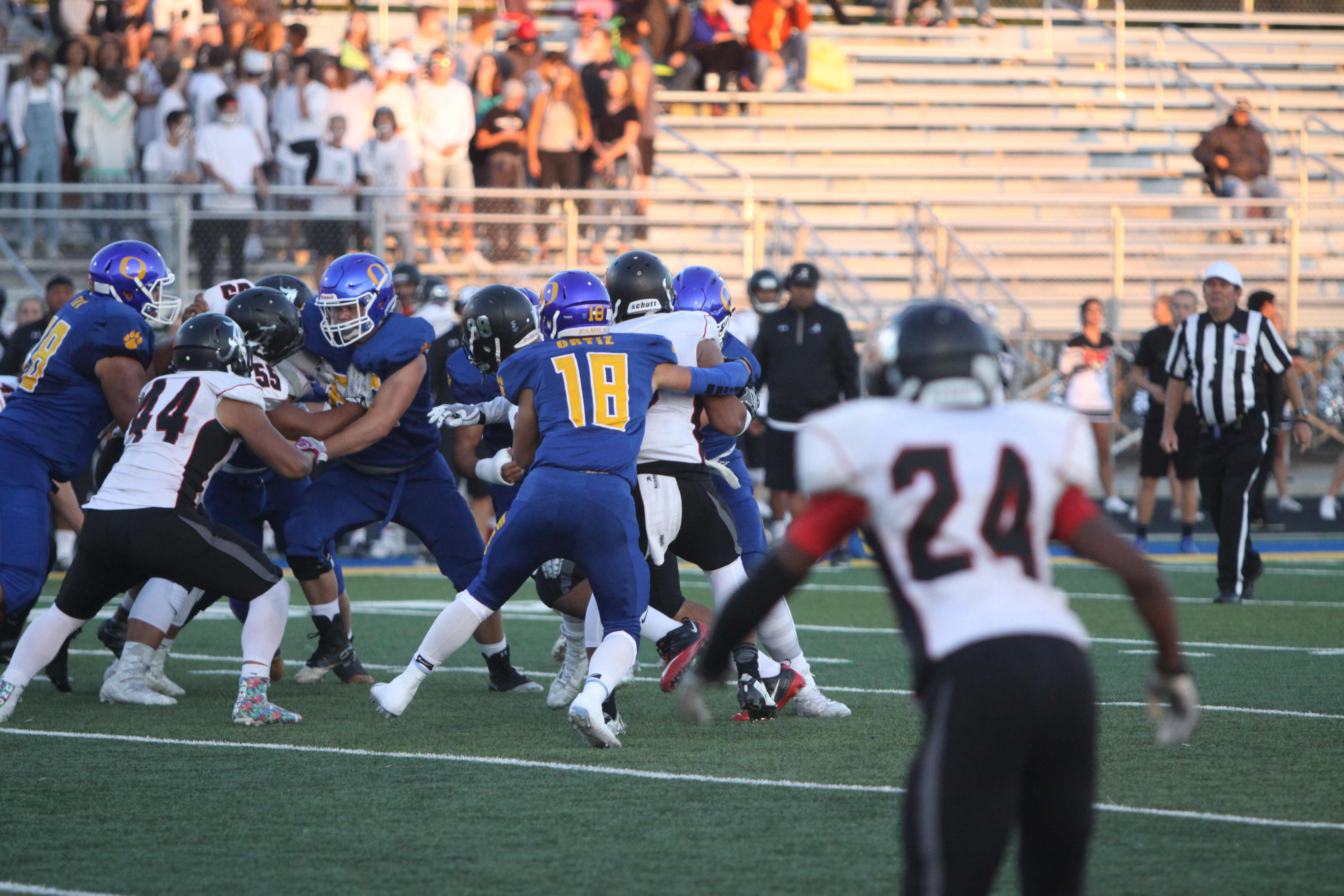By Aspen Jones, Izzy Forrest, and Alex Cadjan.
“I was walking down the school hallway with my 5th grade class when the Principal stopped me. She said, ‘you can’t wear that,’ referring to my light pink collared tank top. She further explained her reasoning by saying, ‘do you really want people to think of you like that?’ As an 11 year old, I was already being told that the two inches of my exposed shoulders said more about who I was than anything else.”
This childhood story recalled recently by an OHS student brings to light a controversial campus issue: the school dress code.
Earlier this year an OHS teacher created a disclosure document that included specific statements about gender.
The class document included the phrase “ladies, please keep in mind that teenage boys have enough distractions in class” and “gentlemen, keep your pants up.” Although it may seem like the teacher was trying to incorporate humor into the document, the implications are serious.
The document reinforces the idea that female students should make wardrobe decisions based on what male students may think while male students can blame their distractedness on female apparel. Some feel this double standard is also apparent in the way the OHS dress code is enforced.
Regarding the double standard, one OHS teacher commented saying, “I think [the dress code] targets the dress of women because most understand how teenage boys think. It’s probably targeting teenage boys through girls.”
When asked about the OHS Dress Code, a female OHS student said, “I feel like it’s a double standard because I see guys walk around in tank tops and no teacher says anything but many teachers notice when a girl wears a skirt, even if it’s not breaking the dress code.”
These comments show that while it would be impossible to gather data on whether the dress code is enforced in a gender-neutral way, many in the OHS community feel a double standard exists.
While opinions differ regarding this double standard, views are even more varied regarding the value of the dress code in creating a safe learning environment. Both students and teachers have had experiences with the dress code and have strong opinions regarding the impact it has on the school environment.
Commenting on the effectiveness of the dress code, one OHS teacher stated, “I do think the dress code is important; there needs to be an environment that protects the idea that academics is why we are here. It’s just hard to determine what it is based on community standards.”
Another teacher disagreed however, stating “the way a student dresses has nothing to do with how they learn. I don’t think the dress code is at all a measure of a student’s ability to learn. If it affects a classroom environment it is because of negative stereotypes that exist. Teachers should be able to create a meaningful and safe learning environment without a dress code.”
Students are equally divided on the value of the dress code.
One female student said, “I think the dress code makes sense. It’s frustrating sometimes, but I wouldn’t want it to go away.” She further explained her reasoning this way: “It doesn’t affect learning in any way, but I think it does make Orem High a place that is comfortable for everyone.”
In contrast, another student said, “ I know that some things, like covering up private areas is necessary, but I hate that my shoulders aren’t allowed to be shown. I feel like I spend more time worried about getting dress coded than focusing on learning.”
Still another student remarked that “I don’t know why the dress code is such a big deal in class since we all go to sporting events and swimmers, cheerleaders and runners are all out of dress code–even football players show their midriffs.”
Is there a double standard with the dress code? Is the dress code necessary? It is clear that many within the OHS community disagree regarding these dress code topics. Maybe it’s time for OHS community stakeholders to revisit this hotly contested topic.
Tiger Times Staff
Latest posts by Tiger Times Staff (see all)
- Life Skills #2 - April 13, 2023
- Life Skills #1 - April 13, 2023
- Life Skills #2 - November 9, 2021






